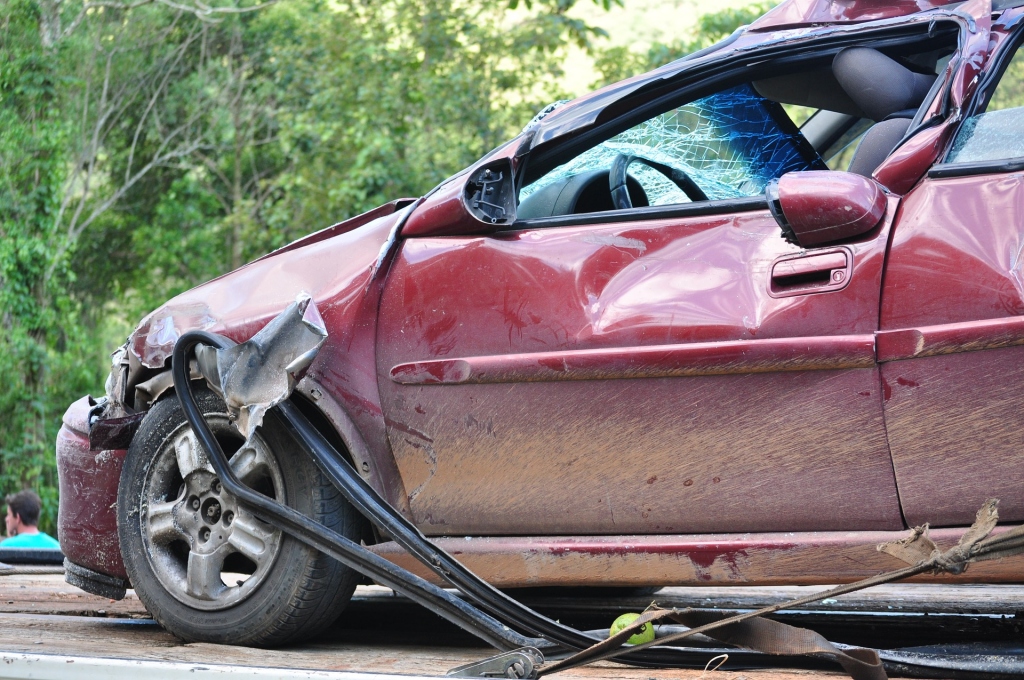Car insurance is expensive – we get it. You don’t want to pay more than you have to. But you also don’t want to compound the challenge of an accident with additional expenses. Don’t pay for coverage that you never use, but don’t pay too little and end up paying too much out of pocket. Make sure that you have enough coverage if you are insured for collisions.
The Basics of Collision Coverage
Collision insurance covers you for repair bills caused by collisions. The plan does not cover you for thefts, explosions or damages caused by natural disasters. Receive coverage for all types of collisions that involve other cars and property. Truck accidents are the most expensive types of crashes, costing as much as $20,000 to $100,000 in property damages. And according to George Salinas, these types of accidents are on the rise.
The state has minimum requirements for car insurance coverage. In most states, you need liability, property damage and personal injury protection. This data gives you a good idea of the minimum coverage you need, but it’s a general plan, so many drivers get more coverage.
Determine the Car’s Value
Determine your car’s current value as you obtain collision coverage. Know if the plan covers the full amount of the car because many cars are totaled in collisions and cannot be repaired. The car’s value and your driving record affect the cost of your policy.
Compare Repair Costs vs. Insurance Coverage
Compare the average costs of collision repairs with the costs of insurance coverage to make sure that you are getting enough coverage. Consider the maximum amounts that you would pay for repairs if you ever get into a collision. Then, determine the maximum amount of coverage that the insurance company provides.
In a head-on collision, the entire front part of the car is damaged from the bumper to the windshield. Replacing a bumper costs an average of $500, and replacing a windshield varies from $200 to $1,000 on average. The prices vary based on the car’s make, model, age and condition.
Add up the repair costs and see if the total exceeds the replacement value of the car. In some cases, you should not extend coverage on your insurance. Save more money by replacing the car altogether. Some insurance companies offer a replacement if you did cause the accident.
Make sure that you are covered for collisions before one happens. Review the policy instead of having a claims adjuster contact you after an accident. By then, it’ll be too late once you discover that the insurer cannot pay for all of the damages. Before the accident occurs, get the full benefits out of your collision coverage plan.
